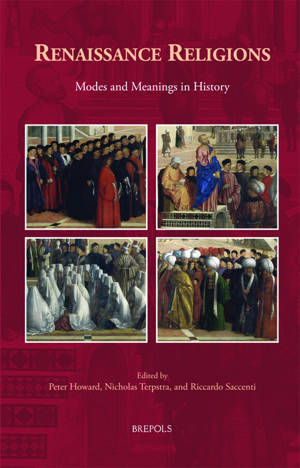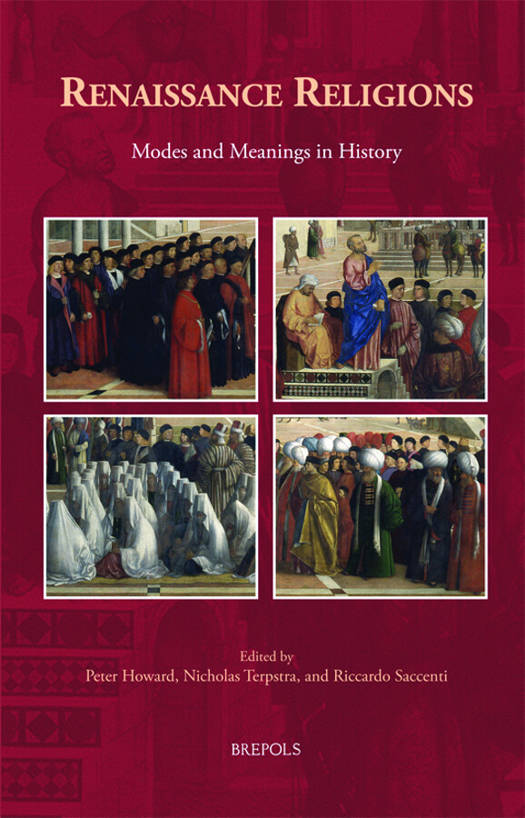
Bedankt voor het vertrouwen het afgelopen jaar! Om jou te bedanken bieden we GRATIS verzending (in België) aan op alles gedurende de hele maand januari.
- Afhalen na 1 uur in een winkel met voorraad
- In januari gratis thuislevering in België
- Ruim aanbod met 7 miljoen producten
Bedankt voor het vertrouwen het afgelopen jaar! Om jou te bedanken bieden we GRATIS verzending (in België) aan op alles gedurende de hele maand januari.
- Afhalen na 1 uur in een winkel met voorraad
- In januari gratis thuislevering in België
- Ruim aanbod met 7 miljoen producten
Zoeken
€ 106,00
+ 212 punten
Omschrijving
Several decades of cultural and inter-disciplinary scholarship have yielded, and continue to yield, new insights into the diversity of religious experience in Europe from the fifteenth through the seventeenth centuries. Revisionist approaches to humanism and humanists have led to a re-evaluation of the framing of belief; the boundaries between Christianity, Judaism, and Islam are seen to be more fluid and porous; a keen interest in devotion and materiality has lent new voice to 'subaltern' elements in society; sermon studies has emerged as a distinct discipline and a preacher's omissions are now understood to be often more telling than what was said; under the influence of the 'spatial turn' art and architectural history is generating new understandings of how belief and devotion translated into material culture; the emphasis in defining early modern Catholic culture and identity has moved from emphasizing reactions to Protestantism towards exploring roots and forms in fifteenth century reform movements; globalization, mass migration and issues surrounding social inclusion have re-positioned our understanding of reform in the late medieval and early modern period. The essays in this volume reflect these historiographical and methodological developments and are organized according to four themes: Negotiating Boundaries, Modelling Spirituality, Sense and Emotion, and Space and Form. This organization underscores how analysis of religious life clarifies the questions that are at the core of Renaissance studies today.
Specificaties
Betrokkenen
- Auteur(s):
- Uitgeverij:
Inhoud
- Aantal bladzijden:
- 400
- Taal:
- Engels
Eigenschappen
- Productcode (EAN):
- 9782503590691
- Verschijningsdatum:
- 22/07/2021
- Uitvoering:
- Hardcover
- Formaat:
- Genaaid
- Gewicht:
- 1460 g

Alleen bij Standaard Boekhandel
+ 212 punten op je klantenkaart van Standaard Boekhandel
Beoordelingen
We publiceren alleen reviews die voldoen aan de voorwaarden voor reviews. Bekijk onze voorwaarden voor reviews.









